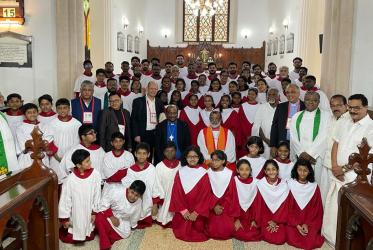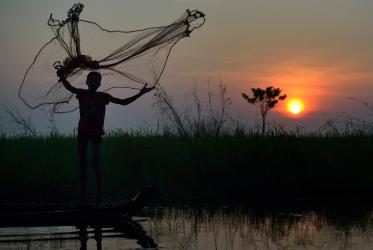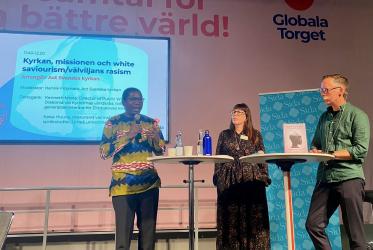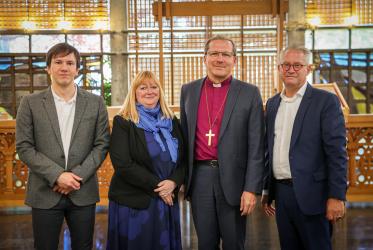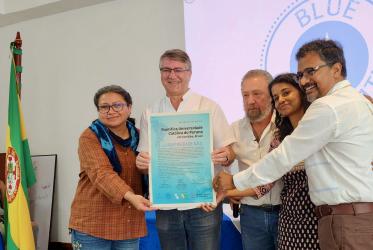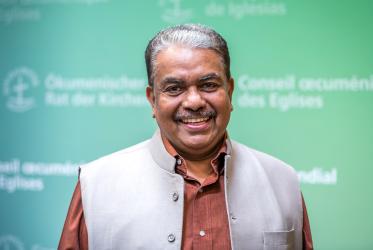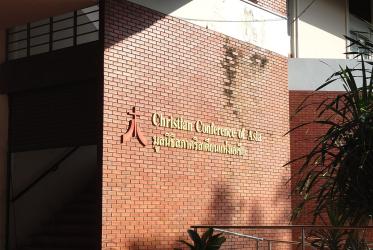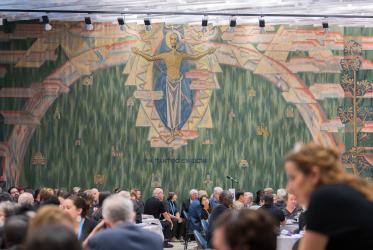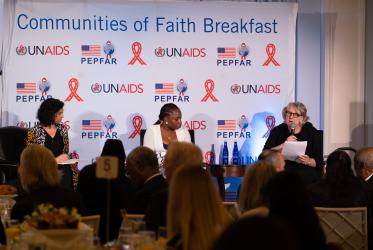Displaying 161 - 180 of 2240
A Guidebook for Local Faith Communities
05 October 2023
Faith Sector Implementation of the Global AIDS Strategy
05 October 2023
WCC extends condolences after tragic fire in Iraq
29 September 2023
WCC hosts visitors from Finland, Germany, and Sweden
29 September 2023
Ecumenical Asia's 15th General Assembly looks to emerging challenges
26 September 2023
Greetings pour in to commemorate WCC’s 75th anniversary
22 September 2023


